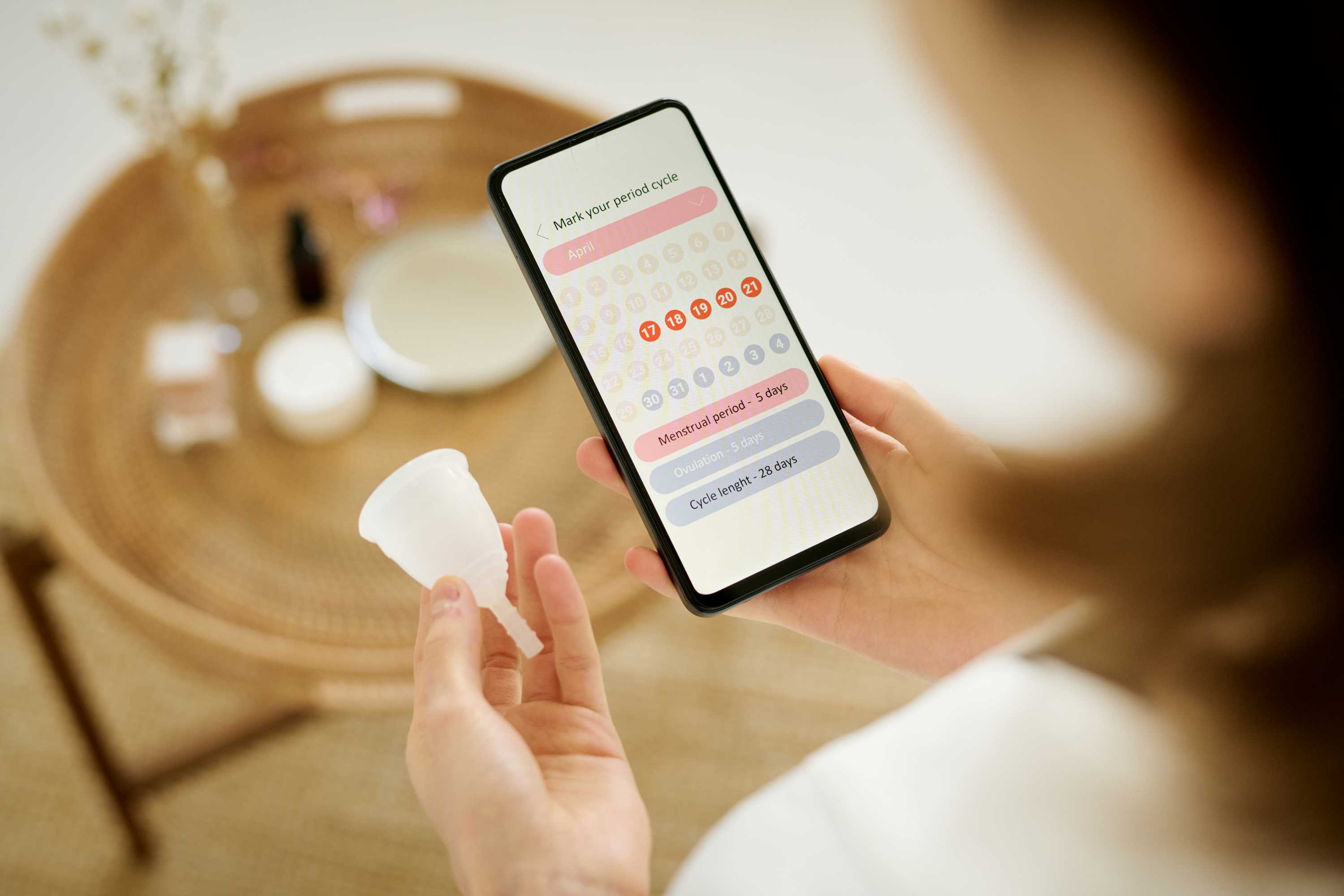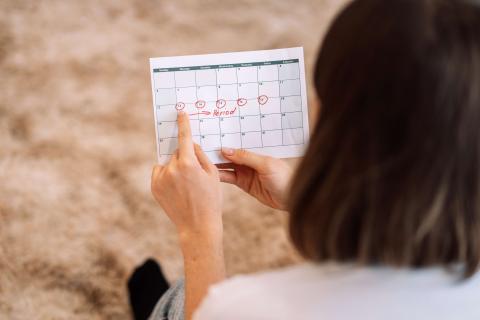A report highlights the risks of misuse of data collected by menstrual apps
Menstrual cycle tracking apps pose risks to users, according to a report published by the Minderoo Centre for Technology and Democracy at the University of Cambridge (United Kingdom). These apps collect intimate data about their users' physical and mental health and reproductive decisions, which can be exploited for commercial or legal purposes, the report warns.

Bryndl Hohmann-Marriott - datos menstruales EN
Bryndl Hohmann-Marriott
Co-director of the Menstrual Health Research Network and director of the Sociology, Gender Studies and Criminology Programme at the University of Otago in Dunedin (New Zealand)
The High Stakes of Tracking Menstruation’ by Dr Stefanie Felberger of the Minderoo Centre for Technology and Democracy is a timely and necessary wake-up call alerting us all to the misuse of our vital health data. Menstrual-cycle tracking apps offer potential for being helpful and are used by hundreds of millions around the world. However, app users may not be making a genuine informed choice in a policy environment that does not sufficiently protect privacy. Menstrual cycle and reproductive justice matters to us all.
This report offers a concise overview of the key concerns for individual app users. Regardless of apps’ accuracy (or lack thereof), apps are no substitute for limited healthcare and research in this essential area. Widening the focus to structural issues offers particularly useful insights. This new report highlights ways that cycle data is mined and combined with the aim of influencing and policing us.
[The report says:] “Cycle tracking apps propose an individual solution to societal problems such as a lack of healthcare services and research gaps in menstrual and reproductive health. Their usefulness in some ways rests on the continuation of these structural problems faced by people with periods. In moving forwards, it is crucial to remember that changing individual tracking habits will not make users of cycle tracking apps safer, even if they use a secure app. It also will do nothing to alter the urgent need users have for tracking apps, or make menstrual tracking data more accessible for medical research.” (p. 33)
All of us need to know more about the use and misuse of our sensitive self-tracking data, so that we can add our support to policy that protects our health data. We must improve healthcare, policy, and research. It is also essential to have independent apps that are driven by healthcare, education, and research rather than profit.
Stefanie Felsberger | The Minderoo Centre for Technology and Democracy
- Report



